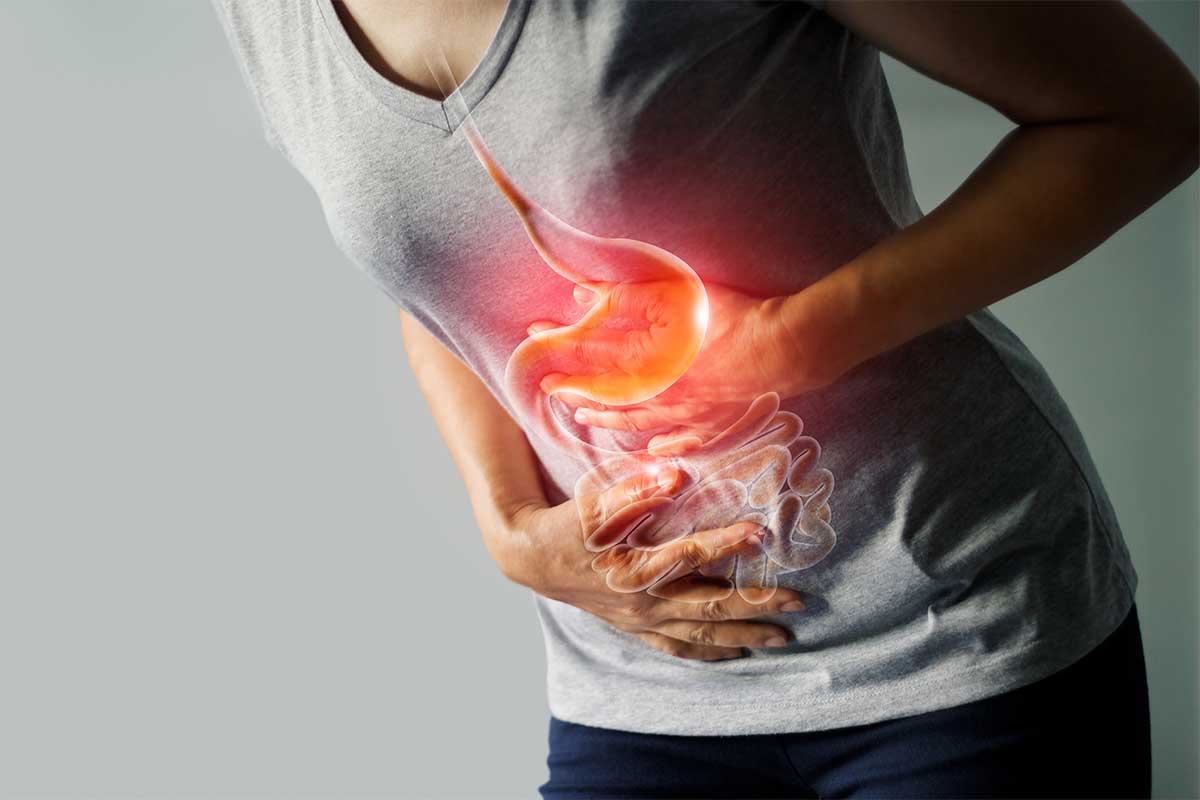
06
Jun
Fastest and Effective Solutions for Gastritis Relief

Living with gastritis can be a challenging experience, as the inflammation of the stomach lining often brings discomfort and disrupts our daily routines. If you’re in search of quick and effective relief, you’ve come to the right place. Throughout this blog, we’ll explore various solutions to help you find relief from gastritis symptoms promptly. We’ll delve into the underlying causes and common symptoms of gastritis, equipping you with the knowledge to make informed decisions about your health. From medications and lifestyle adjustments to natural remedies, we’ll cover a range of approaches that can contribute to the effective management of gastritis.
Understanding Gastritis: Causes, Symptoms, and Treatment Options
Gastritis is characterized by inflammation of the stomach lining and can cause discomfort and a range of symptoms. The main causes of gastritis include H. pylori infection, long-term use of NSAIDs, excessive alcohol consumption, autoimmune disorders, and stress. Common symptoms include abdominal pain, indigestion, bloating, nausea, vomiting, and loss of appetite. Treatment options vary depending on the underlying cause and severity of the condition. For H. pylori infection, a combination of antibiotics and acid-suppressing medications is often prescribed.
With that being said, if gastritis is caused by NSAID use, discontinuing the medication and using alternative pain management methods is recommended. Medications like antacids, PPIs, and H2 blockers may be used to reduce stomach acid and alleviate symptoms. Lifestyle modifications, including adopting a healthy diet, avoiding trigger foods, and managing stress, can also play a crucial role in managing gastritis and improving digestive health.
However, treating gastritis goes beyond medications alone. Lifestyle modifications can play a significant role in managing the condition. This may involve adopting a healthy and balanced diet, avoiding trigger foods that can worsen symptoms (such as spicy or acidic foods), and practicing portion control. Stress management techniques, such as mindfulness meditation or engaging in regular exercise, can also contribute to reducing gastritis symptoms. By addressing both the underlying causes and implementing lifestyle changes, individuals can find relief from gastritis and improve their overall digestive health.
Medications for Gastritis Relief: Pros and Cons
Medications play a crucial role in providing relief from gastritis symptoms. Antacids are a popular choice as they neutralize stomach acid, offering immediate relief from heartburn and indigestion. They are easily accessible over the counter and provide temporary relief. However, antacids do not address the root cause of gastritis.
Proton Pump Inhibitors (PPIs) work well to lessen the production of stomach acid, offer longer-lasting comfort, and encourage the healing of the stomach lining. They are particularly useful for gastritis caused by excessive acid production and can help prevent complications like stomach ulcers. However, prolonged use of PPIs may carry potential side effects, including increased risk of infections, nutrient deficiencies, and bone fractures.
H2 blockers are another option that reduces stomach acid production but to a lesser extent than PPIs. They offer symptom relief and can promote healing of the stomach lining. H2 blockers are generally considered safe and may be a suitable alternative for individuals who experience side effects from PPIs. However, they may not be as effective in suppressing acid production as PPIs.
- Importance of Healthcare Professionals: It is important to consult with a healthcare professional to determine the most appropriate medication for gastritis treatment. Medications should be used as part of a comprehensive approach that includes lifestyle modifications and addressing the underlying causes of gastritis. Understanding the pros and cons of each medication can help individuals make informed decisions about their treatment, finding the most effective strategy to manage gastritis symptoms.
Lifestyle Changes for Gastritis Management
In addition to medications, making lifestyle changes can significantly contribute to the management of gastritis and promote overall digestive health. One essential aspect is adopting a healthy diet. This includes consuming a variety of nutrient-rich foods, such as fruits, vegetables, whole grains, lean proteins, and healthy fats. It is also important to avoid trigger foods that can worsen gastritis symptoms, such as spicy or acidic foods, caffeine, alcohol, and fatty or fried foods. Eating smaller, more frequent meals and practicing portion control can help prevent excessive stomach acid production and reduce discomfort.
Stress management techniques are also crucial for managing gastritis. Chronic stress can aggravate gastritis symptoms, so incorporating stress-reducing activities into daily routines can be beneficial. Engaging in regular physical exercise, practicing mindfulness meditation, deep breathing exercises, and getting adequate sleep can help reduce stress levels and improve overall well-being. Additionally, maintaining a healthy weight is important as excess weight can put pressure on the stomach and increase the risk of acid reflux.
Natural Remedies for Gastritis: Myth or Reality?
The use of natural remedies for gastritis relief has gained attention, but it’s essential to approach them with caution and distinguish between myth and reality. While certain natural remedies, such as ginger and chamomile, have been associated with potential benefits, their effectiveness in treating gastritis is not fully supported by scientific evidence.
Ginger, known for its anti-inflammatory properties, has shown promise in reducing inflammation and relieving symptoms like nausea and indigestion. However, further research is needed to establish its specific efficacy in treating gastritis. Similarly, chamomile, often consumed as a tea, is believed to possess calming properties that can help soothe the stomach and reduce stress-related symptoms. Although it may offer temporary relief, its role as a standalone treatment for gastritis is not well-documented.
While natural remedies can be explored as complementary approaches, it is important to consult with a healthcare professional before relying solely on them. They can provide guidance on potential benefits, ensure compatibility with any existing medications, and help develop a comprehensive management plan that addresses the underlying causes of gastritis.

